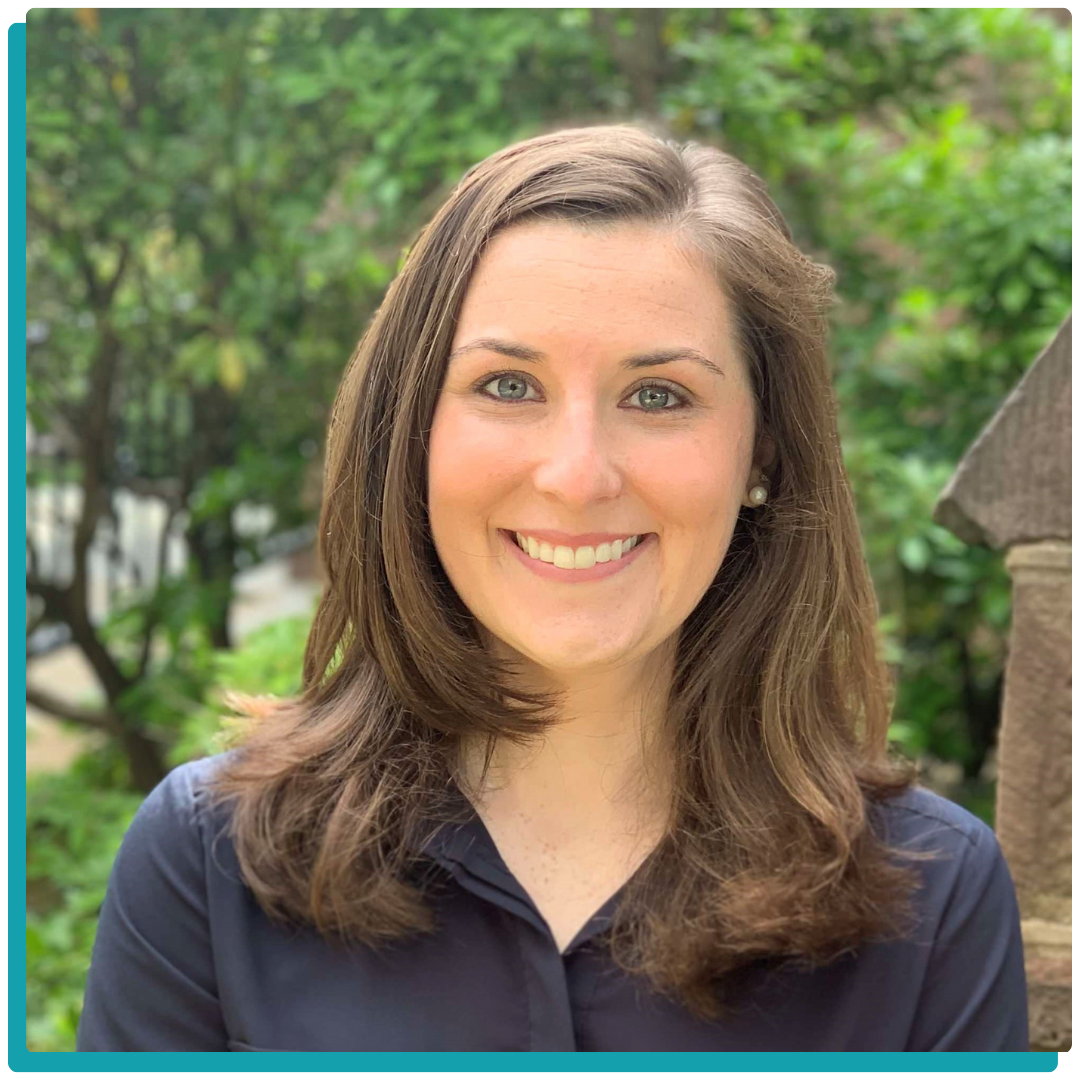Find a CBT Therapist
Search through our directory of local clinicians.
Julie DiMatteo

Julie DiMatteo, Ph.D., ABPP (she/her/)
Julie DiMatteo is a clinical psychologist and the cofounder of CBT Specialists of New Jersey located in Rochelle Park, NJ. She specializes in the treatment of anxiety, depression, OCD, body-focused repetitive behaviors (BFRBs), and trauma in adolescents and adults, as well as the treatment of perinatal mood and anxiety disorders.
Dr. DiMatteo believes in creating a collaborative and inclusive environment for her clients and is extensively trained in working with Autistic adolescents, adults, and their families, particularly during the transition to college and adulthood.
Dr. DiMatteo received her Ph.D. in clinical psychology from Fairleigh Dickinson University, her M.A. in clinical and counseling psychology from William Paterson University, and her B.S. in psychology from Fordham University. She completed her APA-accredited pre-doctoral internship at Northwell Health Zucker Hillside Hospital. Dr. DiMatteo is board certified by the American Board of Professional Psychology (ABPP) in Behavioral and Cognitive Therapy.
She is licensed in NJ, NY, and has PsyPact mobility. Dr. DiMatteo sees individuals both in-person and virtually. More information about her practice can be found here: https://cbtspecialistsnj.com/
First, we would like to know a little about your practice.
What are your personal strengths as a practitioner?
As a practitioner, I approach my clients with a warm, collaborative stance that helps build therapeutic rapport and allow the client to have an active voice in their course of therapy. I use a lot of humor, metaphors, and storytelling to make our content more relatable. I want my clients to walk away knowing I am a person too and to feel safe being their genuine self in our relationship.
What tips can you offer to colleagues just opening a practice?
As an early career psychologist, private practice is a newer endeavor for me. Over the last few years of starting my practice, I have learned the importance of maintaining a professional network for support and consultation, as well as the importance of being active within professional organizations to stay current on the research and best clinical practices. The nuances of opening a practice are not directly taught to us in graduate school, and so a network of colleagues and professional memberships provides an opportunity for formal and informal education on building a successful practice.
How do you remind your patients of their strengths during the therapy process?
From the first session, I often encourage clients to identify what innate skills they used to get through challenging situations and navigate their symptoms to this point. The client’s critical voice is often so dominate, especially at the start of therapy, and so providing a framework to begin challenging this voice from day one I believe allows clients to more readily begin to see their genuine strengths. I then use our therapy to directly label and expand upon these skills, equating CBT as a means to fill in the gaps rather than to build something from scratch.
Are you involved in other types of professional activities in addition to your private practice?
I serve as a board member and the research coordinator for the National Social Anxiety Center, and I am also a consultant for the College Autism Network.
We would also like to know a little about you personally.
Who was your mentor?
Dr. Cynthia Radnitz was my mentor throughout graduate school, and cofounded CBT Specialists of New Jersey with me. It is a unique position to experience the dynamic shift from mentor-mentee to business partners, and one that has provided each of us various opportunities for growth that I think is the foundation for the successes within our relationship and practice.
When not practicing CBT, what do you do for fun?
I love to spend time with my family and friends. I enjoy reading, knitting, playing tennis, and Pilates. I work hard to “lead by example” for my clients and seek to maintain a work/life balance that offers me restoration from the demands of our work so that I can be my most present self professionally and personally.
We are also interested in some of your views of CBT.
What do you think is the single most important thing CBT can do for your clients?
What attracted me to CBT as a graduate student was the solution-focused stance that aimed to make clients their own therapist by fostering skills transcending current stressors and providing a foundation to cope more effectively throughout their life. Therefore, the single most important thing CBT can do for our clients is to bolster their independence, not their reliance on therapy.
Where do you see the field of the behavioral therapies going over the next 3-5 years?
A great deal of my practice is working with Autistic clients and their families. Many Autistic clients are hesitant to come into CBT, equating it to historical behavioral therapies that have poorly supported and understood their neurodiversity. Therefore, over the next 3-5 years, I see our field continuing to improve inclusivity surrounding neurodiversity and furthering the shift towards more strengths-based models. In doing so, it is my hope that more Autistic clients will feel safe and supported to pursue CBT.
Finally, we would like to know your opinions about ABCT.
How long have you been a member of ABCT?
I have been a member of ABCT since graduate school, so nearly 10 years.
How has ABCT helped you professionally?
ABCT has been beneficial in providing resources for continuing education, staying apprised of the current research, and connecting with other practitioners.
What services do you consider the most valuable from ABCT?
As a clinician, I find the continuing education and webinar series to be the most valuable. For clients, I often refer to the fact sheets and self-help book recommendations to direct clients to accessible, accurate information about CBT and various diagnostic presentations.
